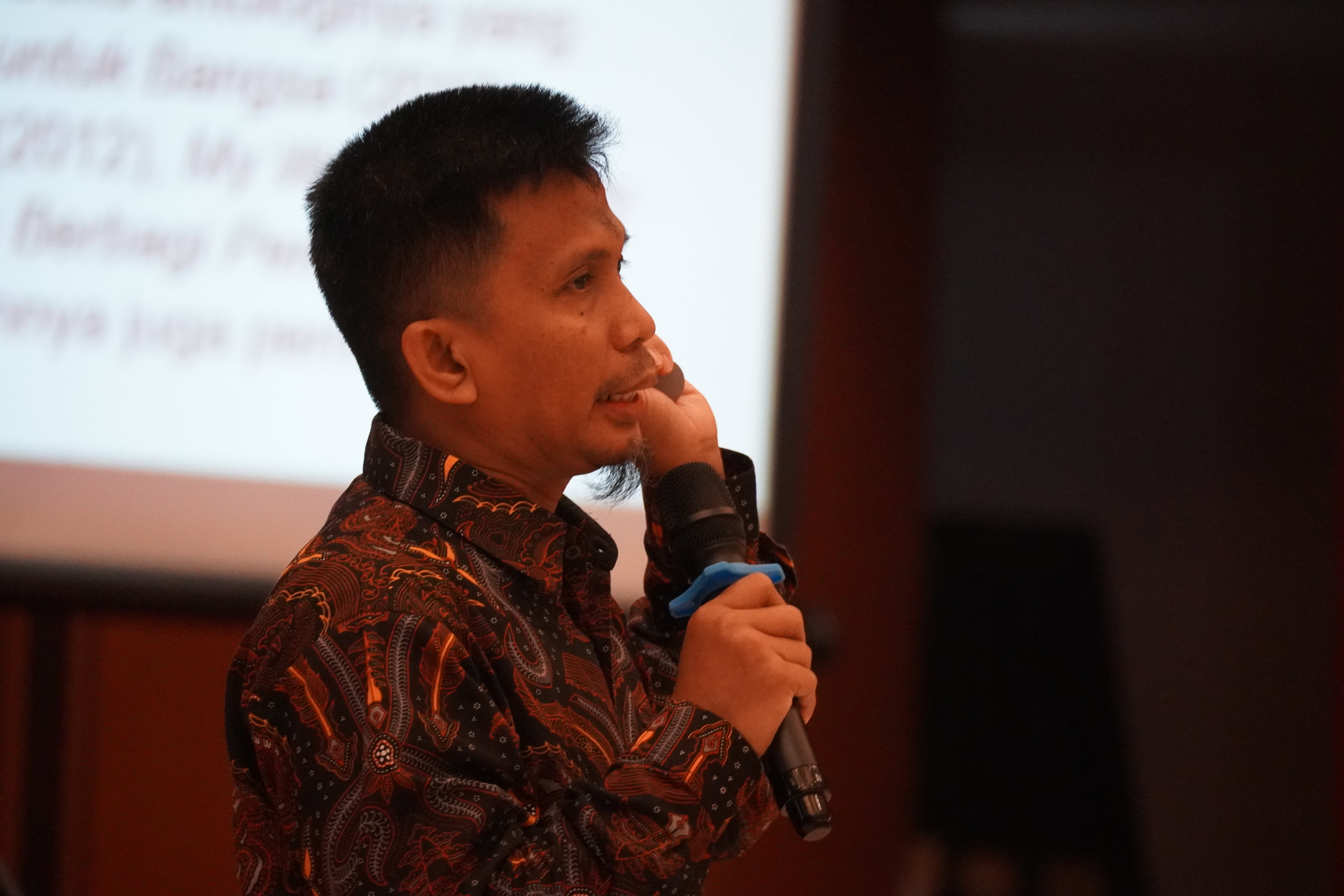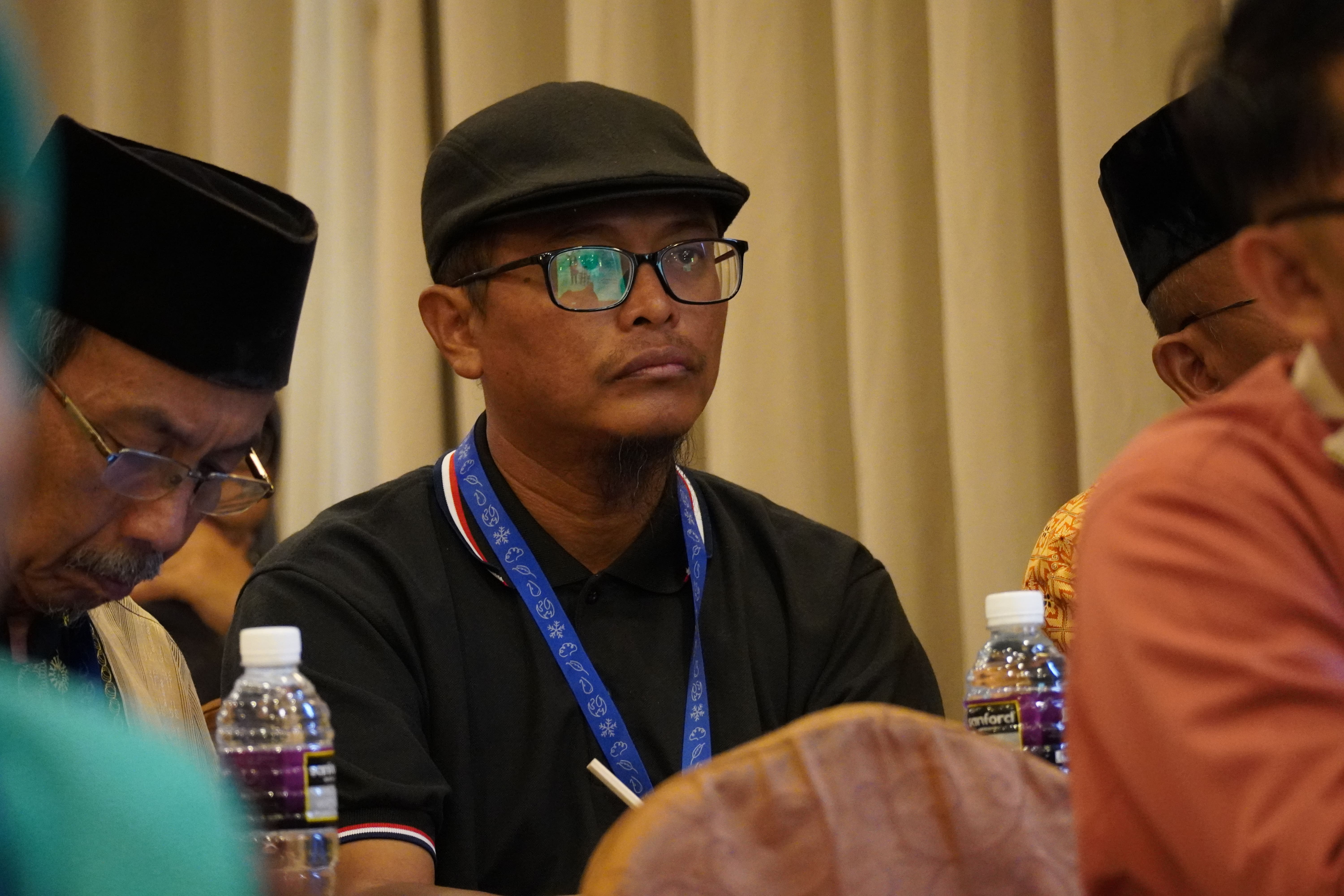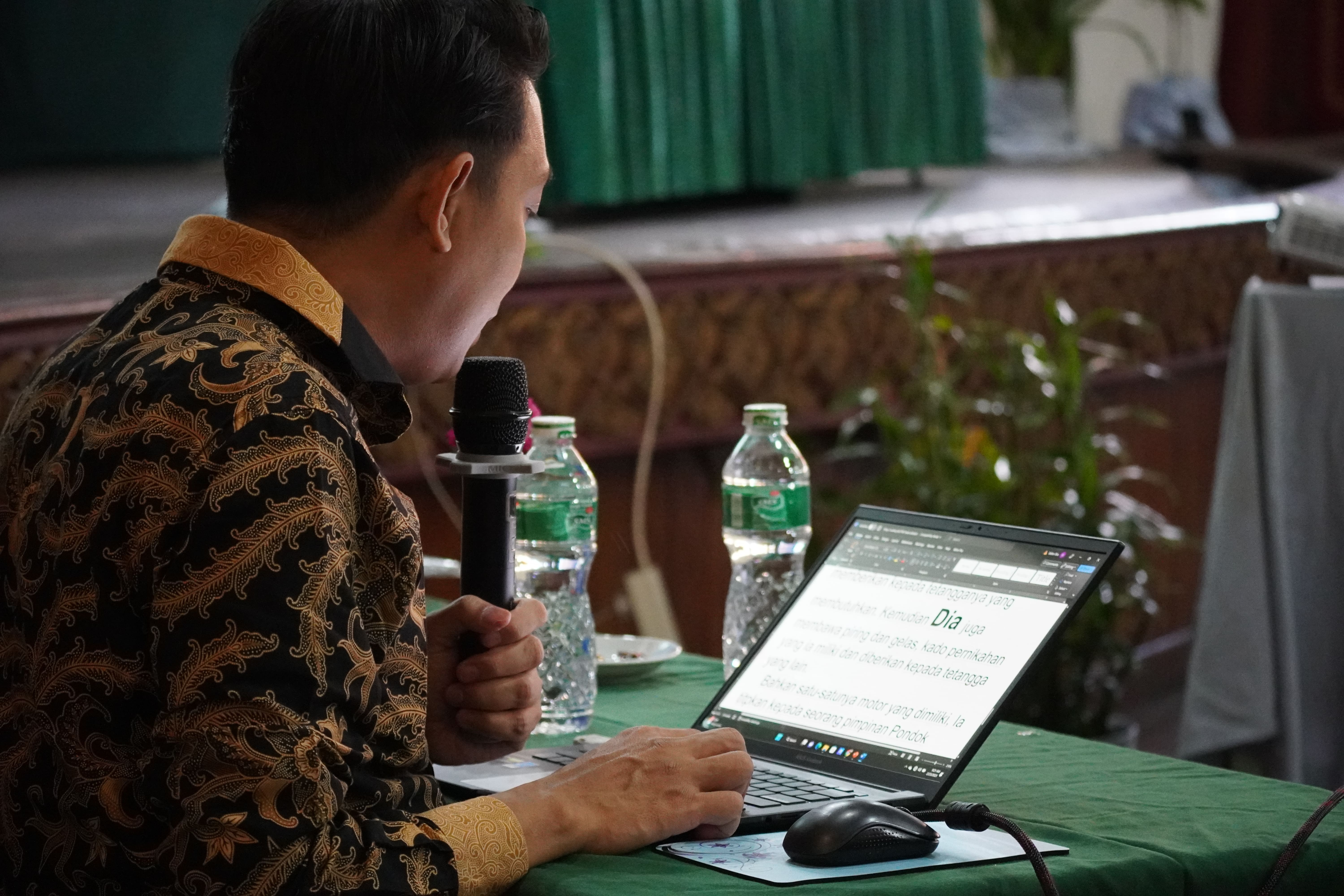An elderly woman struggles into a community health clinic in rural Texas amid a record-breaking heat wave. She’s having a severe asthma attack, wheezing and gasping for air. As medical staff rush over the lights and air conditioning shut down due to an overtaxed power grid.
Scenarios like this are becoming more worrisome as the planet warms, and weather events grow more numerous and extreme. In response, Harvard experts on the health impacts of climate change have teamed up with disaster relief nonprofit Americares to create a climate-change “toolkit” offering information, advice, and support for frontline health clinics that serve tens of millions of low-income Americans.
The Climate Resilience for Frontline Clinics Toolkit, unveiled in December, was devised by specialists working with the Harvard T.H. Chan School of Public Health’s Center for Climate, Health and the Global Environment (C-CHANGE), for distribution by Americares, which works with community health centers and free clinics across the nation. The toolkit contains checklists for clinic staff, guidance on how to develop action plans, and straightforward advice for patients struggling with diabetes, kidney disease, dementia, and other ailments during extreme heat.
Aaron Bernstein, C-CHANGE’s interim director and a pediatrician at Boston Children’s Hospital, said it’s clear to him that planning for climate-related health impacts hasn’t advanced as quickly as the risk. Climate change, Bernstein said, not only can impact patients with conditions like asthma and pregnancies, but some disasters — like those that affect power supplies — can hamper the ability of health care personnel to respond.
“I was motivated by how little work has been done in the intersection of climate resilience and health care,” Bernstein said. “And when we dug into that issue, it became clear that what little has been done has been done in the scope of big hospitals in big cities. If there is a way to make health care resilient to climate shocks, that may actually not be the best place to invest because our guess is that most of the need for health care around these disasters is happening on the front lines in these clinics around the country.”





